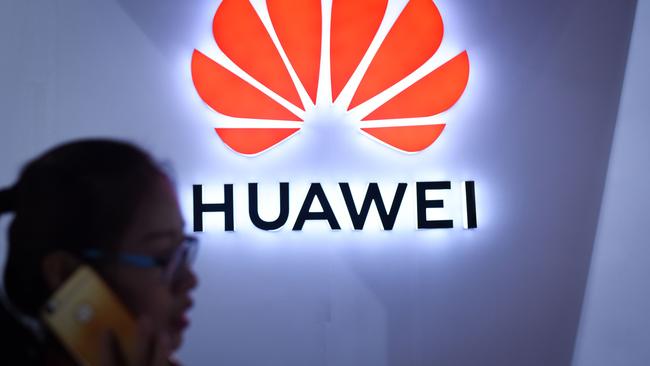Australian move on Huawei, ZTE, a new blow to ties with Beijing
Australia’s effective ban on Huawei and ZTE also takes the 5G issue to a political level, and it will be seen as anti-China.

While the Australian government did not specifically name Huawei or China’s ZTE in its statement today, it makes it clear that the move is aimed at blocking companies which “are likely to be subject to extrajudicial directions from a foreign government that conflict with Australian law”.
It says allowing these companies to supply telecommunications equipment to Australian companies “may pose an inordinate risk to a 5G network.”
The statement released by the Minister for Home Affairs Scott Morrison and Communications Minister Mitch Fifield goes out of its way to stress the government’s concern about the need for the 5G network to be protected “from unauthorised access or interference” and the potential for some vendors to be “subject to extrajudicial directions from a foreign government” — comments which can only be interpreted to mean the Chinese equipment suppliers.
Today’s decision has come at a time when Huawei, which supplies equipment for Australia’s 4G network to Optus and Vodafone, had been hoping to convince the government to approve its involvement on a possibly restricted basis.
While the ministers’ statement does not mention China, its clear comments about concern from potential interference by a foreign government with different laws than Australia will be seen as another anti-China move by the federal government.
The decision comes only weeks after Prime Minister Malcolm Turnbull moved to put Australia-China relations on a better footing with a speech at the University of New South Wales in which he spoke positively about the relationship and the contribution of Chinese-Australians to Australian society.
The decision was widely applauded by Australian companies doing business with China and was described by former Australian ambassador to China Geoff Raby as “statesmanlike.”
The Chinese government applauded the speech but suggested more needed to be done to get the relationship back on a firming footing.
China’s populist Global Times last week specifically highlighted the Huawei 5G decision as the next test of the relationship.
It said if Australia moved to block Chinese companies from supplying equipment to the 5G network, it would put Australia up next to the US in its moves against Chinese companies.
Based in Shenzhen, Huawei is a private company, owned by its employees, which argues that it operates completely independently from the Chinese government.
But the wording in the Australian statement, which talks of concern about the confidentiality of customer data and network integrity and its specific mention of potential government interference, takes the decision to a political level.
China is Australia’s largest trading partner, with two-way trade worth more than $150 billion, but the latest move will now cause renewed concerns by Australian companies doing business with China as well as the universities which rely on fees from Chinese students.
The decision comes as the Australia government is in turmoil, with the prospect of a Dutton government adopting a more hard line view of the relationship with China than the Turnbull administration.
The fast-moving events in Canberra will be watched with some concern in Beijing, which is locked in a bitter trade war with the US.
If Australia too overtly aligns itself with the US in its decisions and rhetoric it risks being caught in the crossfire with Australia-China trade and relations potentially being set back again — at least until the next election.





The federal government’s decision to effectively ban Chinese telecommunications companies, including telco giant Huawei, from supplying equipment to Australia’s 5G network is another blow for Australia’s relations with China.